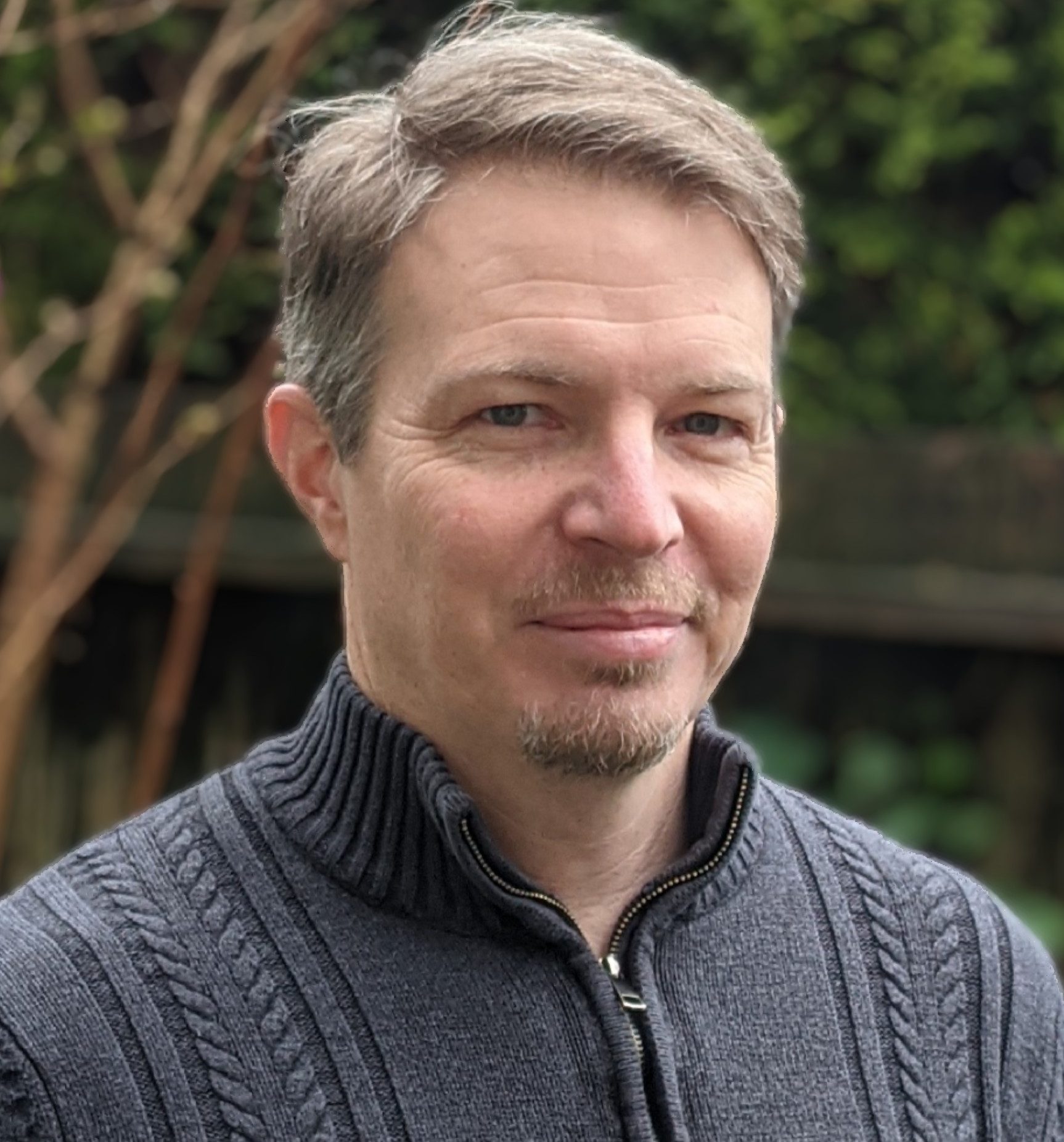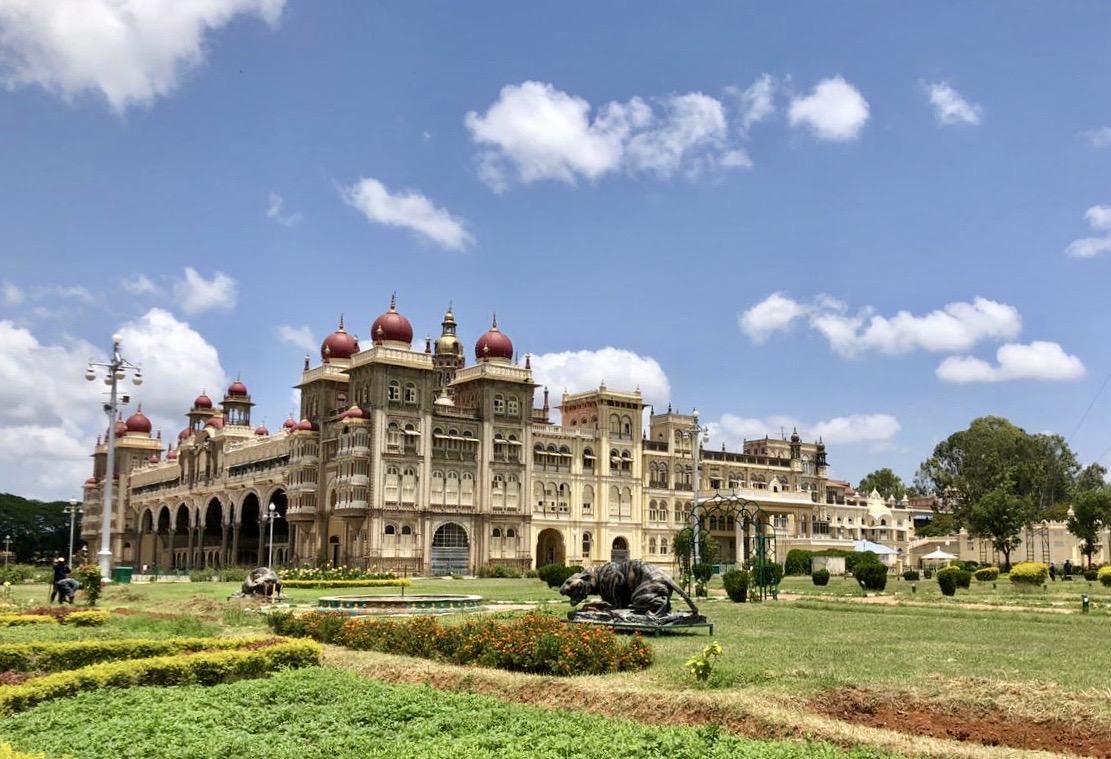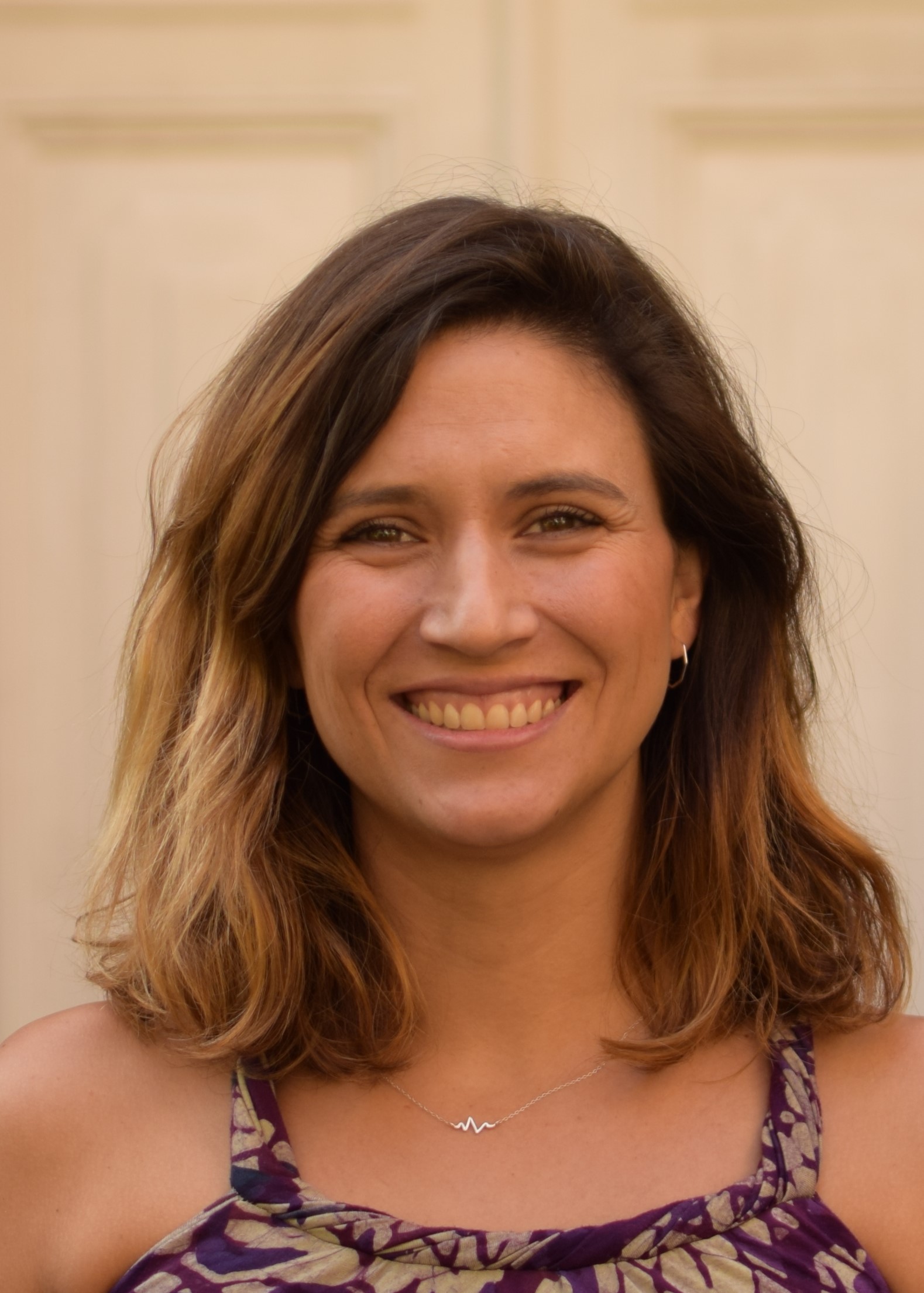Meet Alum, Andrew Hosch. Andrew completed the Executive Master’s in Management (EGMiM) in 2020 and received the Jedidiah Crews Award for Best Overall Performance. He subsequently co-founded a startup that helps enterprising Software as a Service companies by providing and managing the technical team, allowing founders to focus on the product and customers.
Name: Andrew Hosch
Programme studied and year of graduation: EGMiM 2020
Welcome Andrew – thank you for your time, we’re thrilled to be talking with you today.
Tell us about what you’ve done since completing the programme at LSE.
If you want to scare someone, really long-burn scare, with a healthy dose of random jump scares, tell them to start a business. In 2020, just as the pandemic started to jump countries, two excellent co-founders and I started a Venture Studio called Xylariam. The Studio focuses on helping Software as a Service (SaaS) startups get their products launched. Why is that scary? When you start a business, you really have an endless list of sequentially scarier questions you don’t know the answer to until you try.
Can we find anyone willing to let us help them? Luckily, almost as soon as we formed, we were working with two companies. Which led to the next question:
Can we make and keep them happy? Here skill comes into play. But since formation, we’ve had all of our companies renew after the first engagement. Which led to the next question:
Can we find good people willing to join us? Yes, is the answer. But the questions go on and on. We are now a company of over a dozen people, and we have helped over half a dozen companies. Our focus is executing on the technology, so founders and product owners can focus on launching and establishing market fit. And since we are a startup as well – not some spin off of a large conglomerate – we have the street cred with our clients. They know that we know the next scary question pops up as soon as the previous one is answered.
Why did you choose to study the Executive Master’s in Management (EGMiM) at LSE?
How did a late 18th century brewery transform into a company that doesn’t brew beer and owned one of the largest coffee chains in the UK? Why do they consider brands as being disposable? Why do they think disposable brands are good? Why did they sell the ENTIRE coffee chain in 2018?
None of these were questions I asked before applying to LSE.
Though my background is primarily technical, I somehow got to the point where I was running a multi-million dollar P&L. The issue? Everything business-wise I’d learned was on-the-job: the business model – in Excel – was learned on-the-job; accrual accounting was learned on-the-job; account-based marketing was learned on-the-job. And because we were a technical shop, all of the managers, including the C-levels, were very much in the same situation. Trying new things was fairly random. And when you try new things, how do you measure success? How long do you wait for success before changing it up?
These were questions I had and the LSE never directly answered. And I am glad they didn’t.
The LSE program is unique in that every course attempts to explain the why. Business trends – and rules of thumb – are covered, but only as foils for explaining the history or the strengths and weaknesses of those trends.
What is your fondest memory during your time at LSE?
Our program included two oil and water elements – try combining 1) long days, sometimes 12 to 14 hour days with 2) a healthy set of group project work. Our teams were set at the beginning of the year and didn’t change until the next year.
Many a late night, under the red ball in the New Academic Building, our team would trudge through Dickensian levels of work. One of our team members was really good at math, savant-level. And our team, including myself, would get so angry at him.
He’d race ahead and be on question 16, section two, sub task b of some micro-economic word problem while the rest of us would be counting on our fingers trying to answer question number one. But we never got REALLY angry, because everyone brought different strengths – and even when strengths can be weaknesses, we all good-naturedly collaborated. The good memories are of relying on everyone’s myriad strengths to get through the day (and evening).
What is one piece of advice/tip you would give to students starting their programme?
The company I’d left before joining the LSE programme was local. They had one office in Seattle, Washington and one office in Orange County, California. Management would on occasion debate establishing a third office, in say, Phoenix Arizona. But no action was ever actually taken, as it was deemed too risky. International options were never even discussed.
As a consequence, Foreign Direct Investment was not a topic I really thought I would need. I had no direct experience with FDI, never had direct managers who would consider it, and I didn’t plan on ever working at a large international company where FDI was a core strategy.
However, I am now running a tiny company with a network of international suppliers and FDI is always a consideration. When does it make sense to buy an international supplier versus relying on the international suppliers? Giant internationals do not have a monopoly on foreign investment.
And so the advice is this, while at LSE you never will be able to predict what is going to apply in your future. So stay open-minded and as best you can, learn everything about everything in your finite time there.
Because once you are done, everything after that will be scary, on-the-job training, where you have to rely on good people with different strengths to do good things.
Connect with Andrew
Linked In: https://www.linkedin.com/in/andrew-hosch
Company: https://www.xylariam.com/
Get involved with alumni, volunteering opportunities and connect with the Department of Management.






